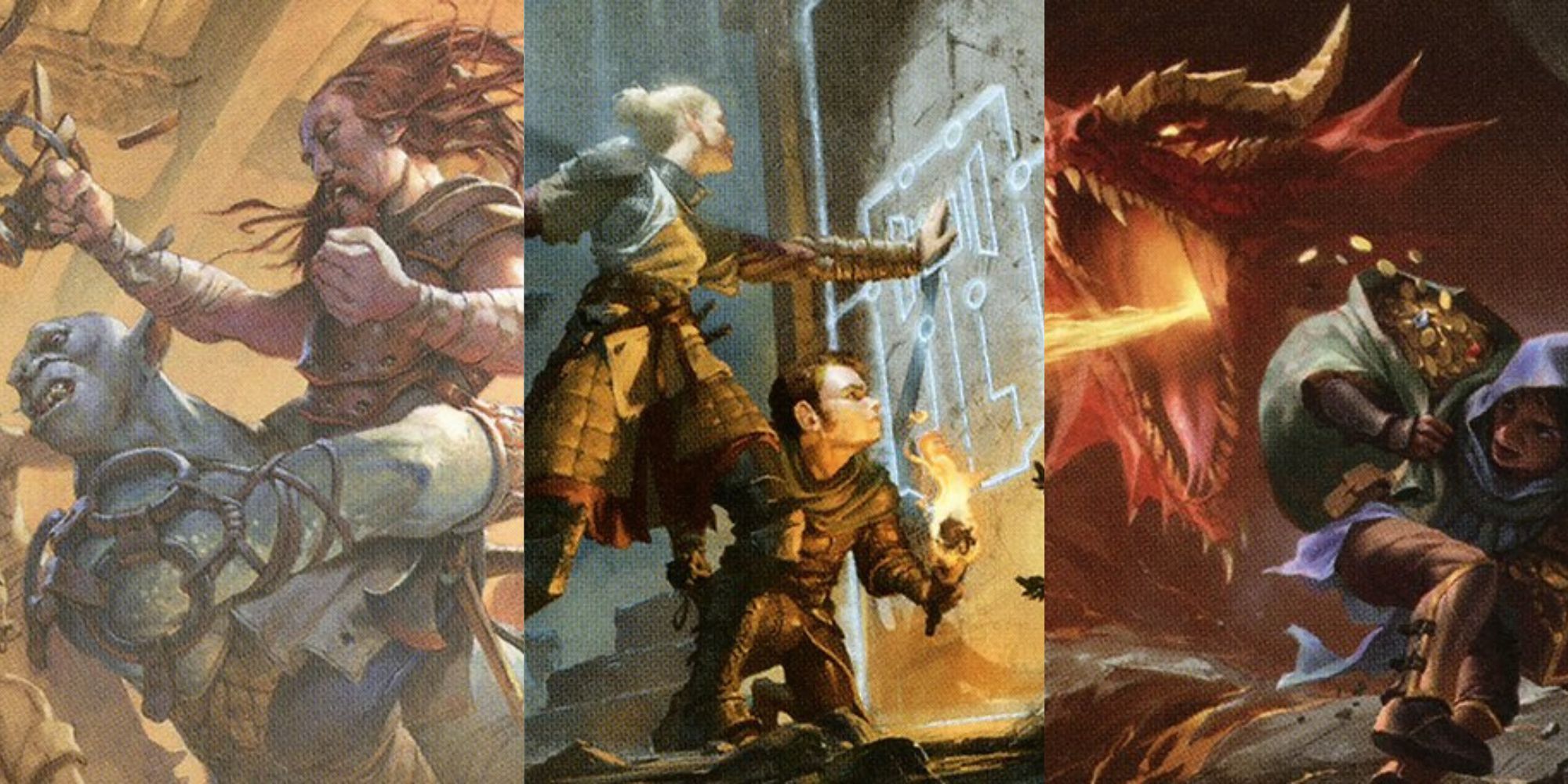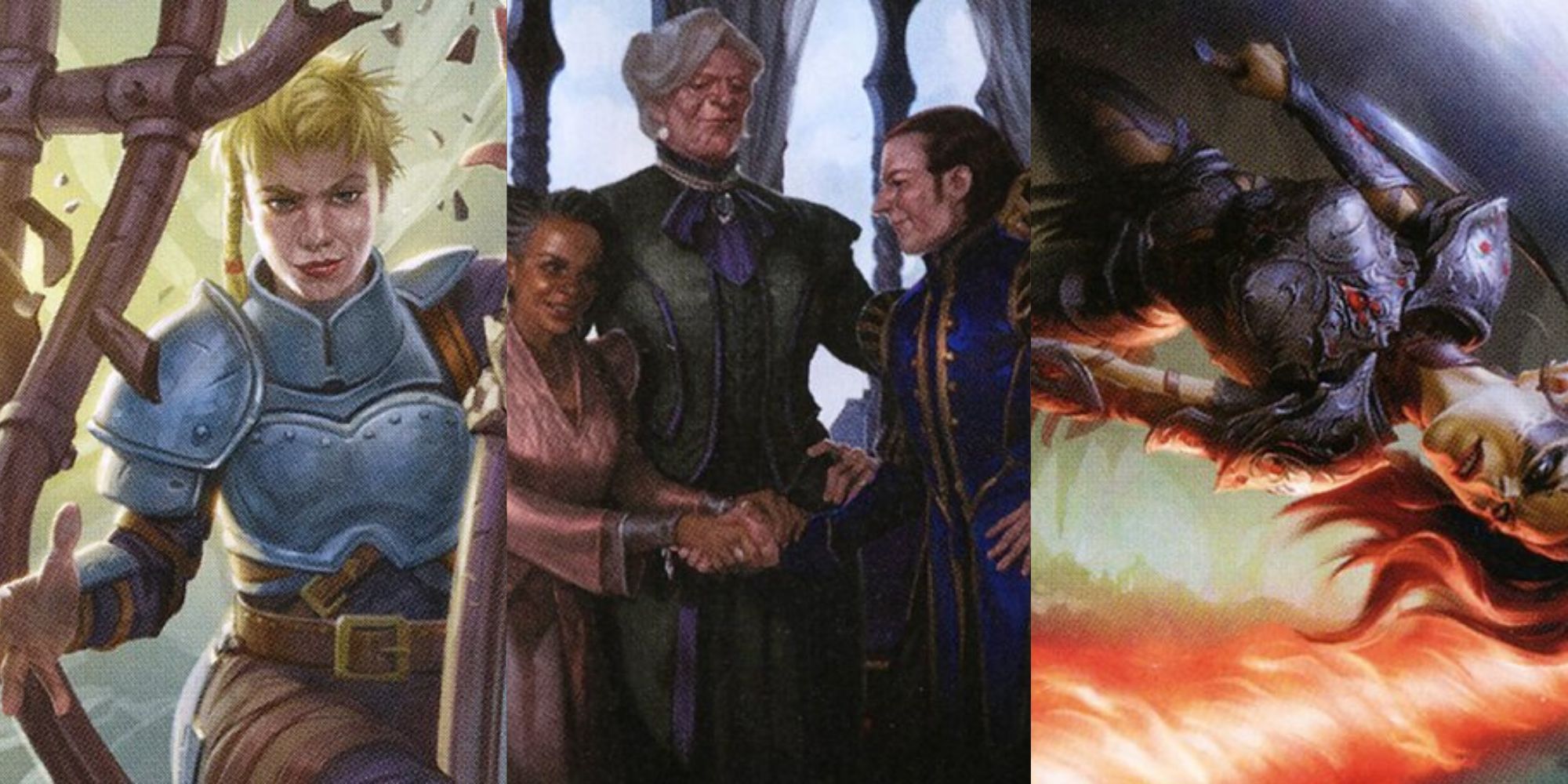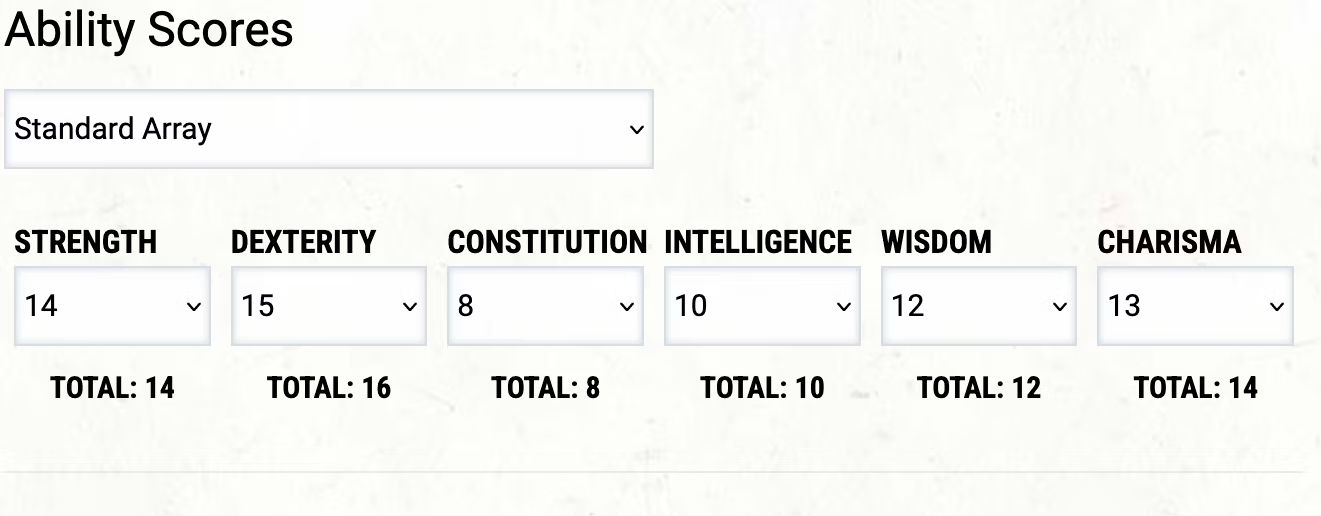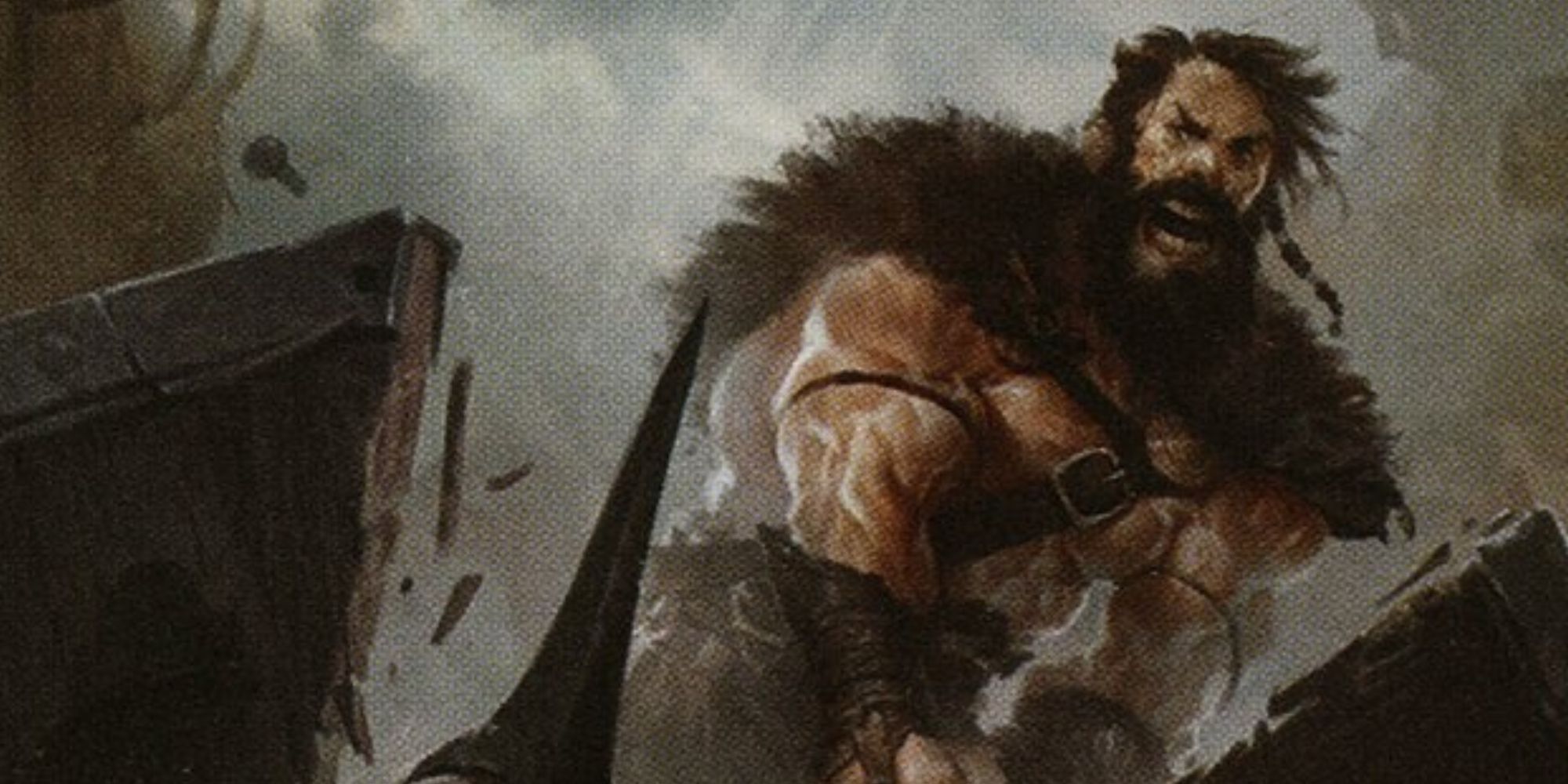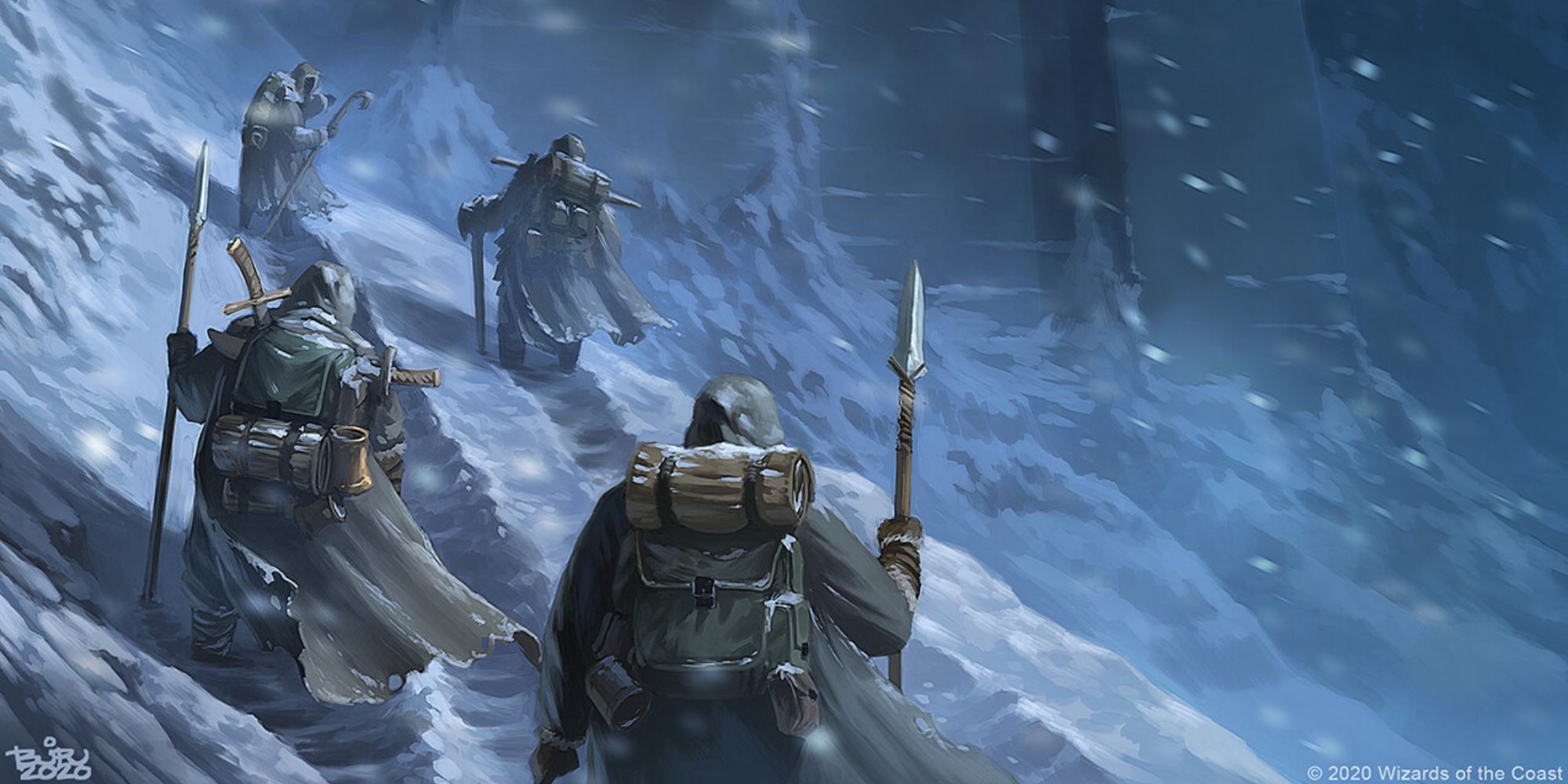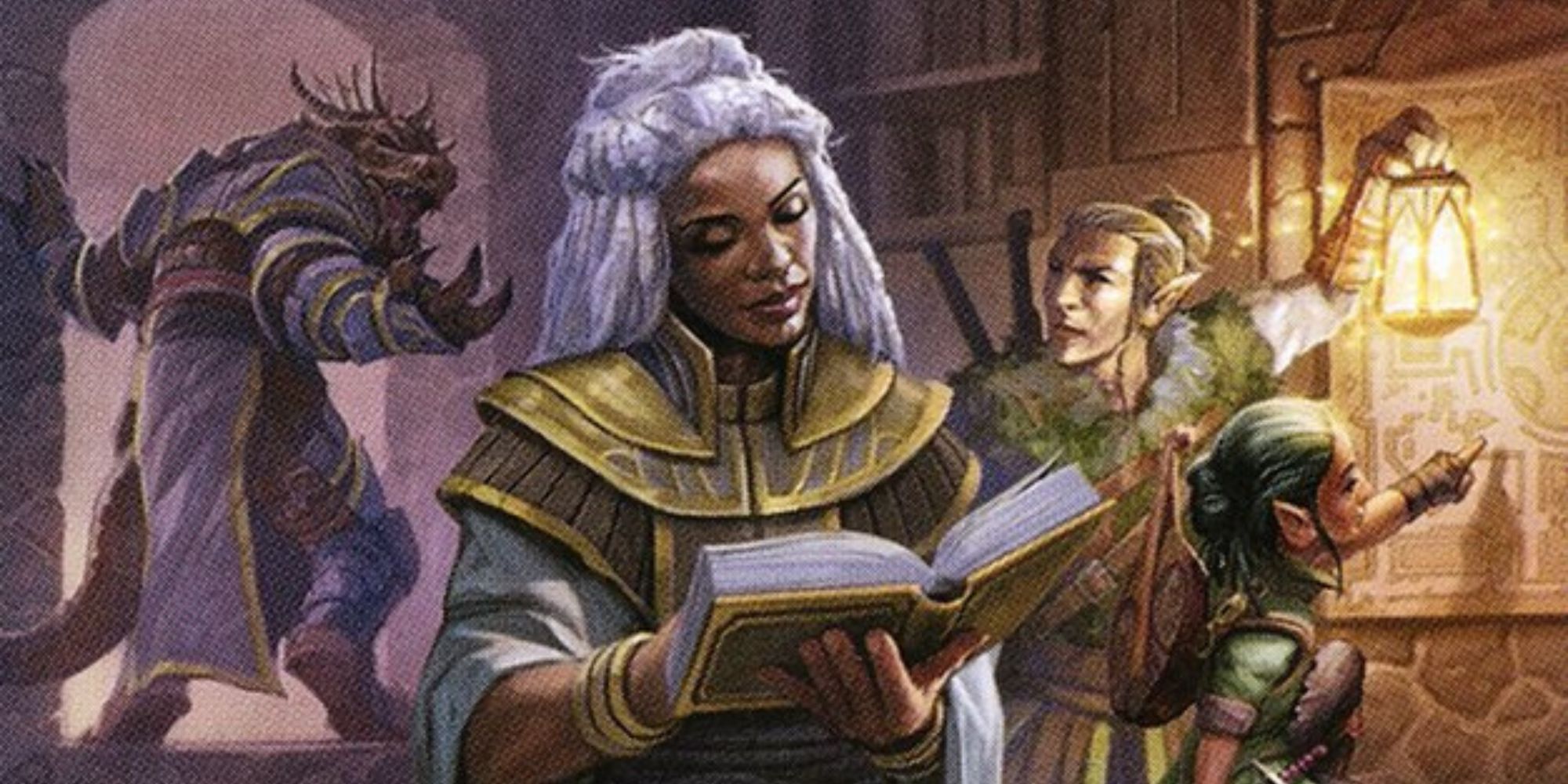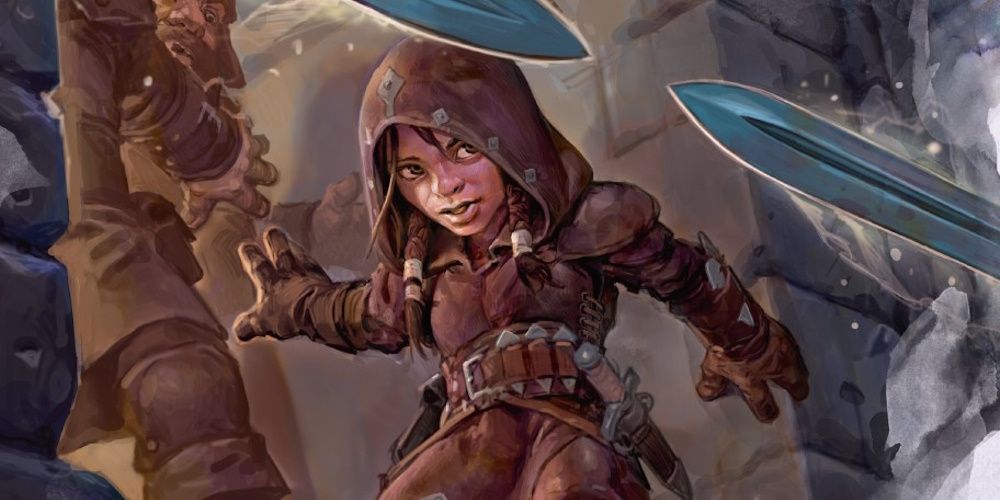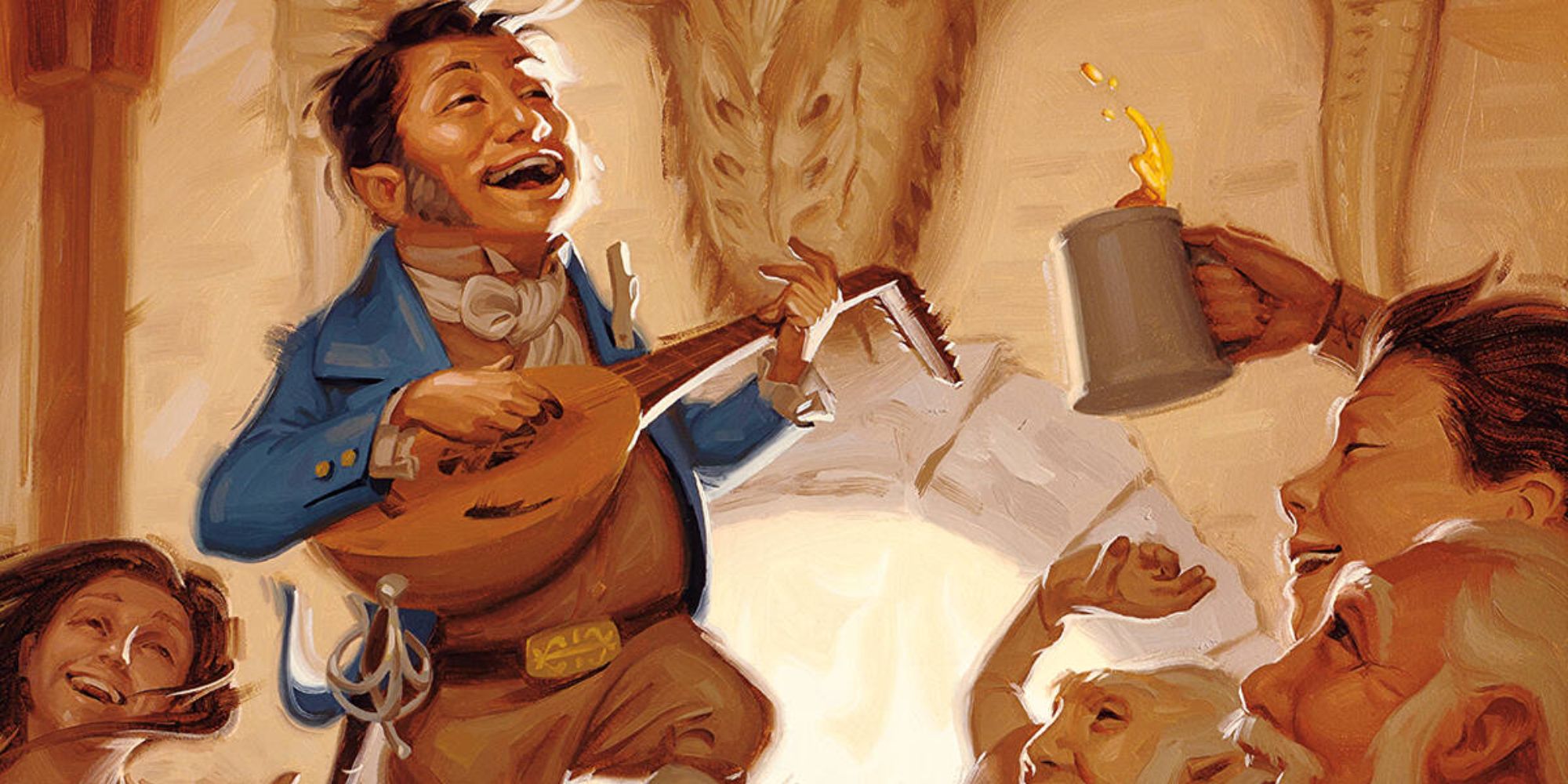Quick Links
- What Are Ability Scores In Dungeons & Dragons?
- How Do I Assign My Ability Scores?
Stats are the key to everything in Dungeons & Dragons. They paint a quick portrait of your character’s personality, and they’re what you use alongside the dice to determine if you can face whatever your Dungeon Master throws at you.
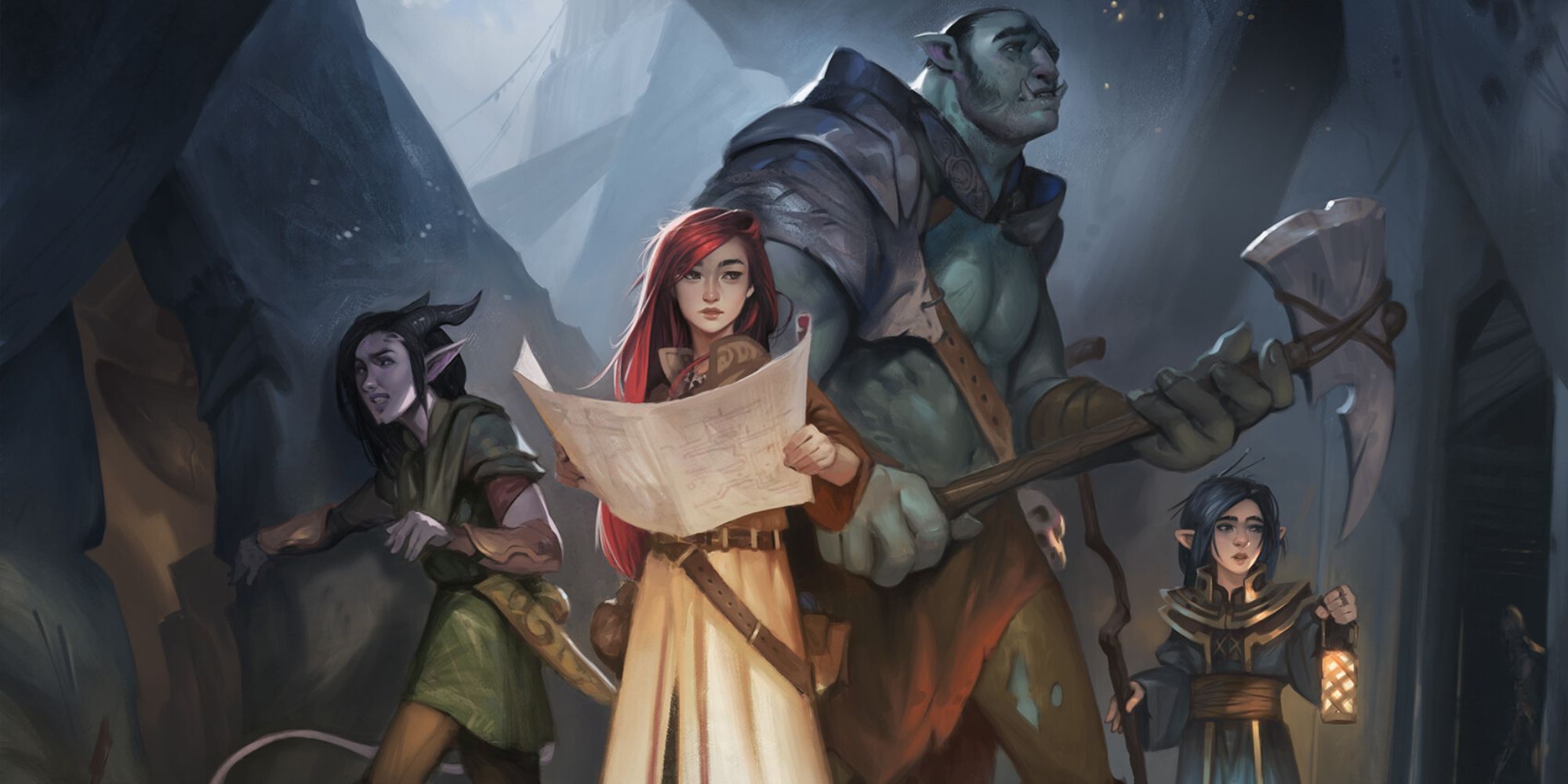
Dungeons & Dragons: Challenge Ratings, Explained
Mastering Challenge Rating is your key to crafting the perfect balance.
However, since the point is to try and boil down the physical, mental, and emotional capabilities of a character into six stats, they can be confusing for first-time players to understand what exactly each stat means for your character both in terms of personality and gameplay. It is important to understand them though, since if you want to do anything reliably, you’ll need to choose your stats with care.
What Are Ability Scores In Dungeons & Dragons?
The six ability scores are the stats you determine when you create a character: Strength, Dexterity, Constitution, Intelligence, Wisdom, and Charisma.
While you can always roll high or roll low on a d20, these stats determine how, on average, your character interacts with the world.
Each stat has an ability modifier equal to: (stat-10)/2, rounded down. So, someone with a Charisma score of 17 will have a modifier of +3. The modifier is added to ability checks that use that roll.
Stats will max out at 20, but ten or 11 denotes the average, with anything below that being something your character is bad at and anything above that is something you excel at.
How Do I Assign My Ability Scores?
Whether you’re rolling for stats, using a point buy system, or using the Standard Point Array, your best stat will be determined by your class, as each one has at least one stat that it uses frequently.
However, that’s not to say you should never base your stat choices on your character’s personality. If you want to play a buff Wizard with a high Strength stat and the Tavern Brawler feat who smacks people with chairs when you run out of spell slots, you should.
It’s just that if your i\Intelligence modifier is also negative, then you won’t be doing very well when it comes to combat or gameplay.
There’s a very careful balance to strike that’s determined by your character, how difficult the campaign is, and how comfortable you are with the mechanics of DND 5e.
Strength
|
Strength At A Glance |
||
|---|---|---|
|
Mainly Used By |
Associated Skills |
Other Uses |
|
Paladins, Fighters, Barbarians, Rangers |
Athletics |
Strength modifier is added to attack rolls and damage rolls with melee weapons. |
Strength is a very straightforward stat. It’s how physically strong your character is. It’s very important for physical attackers using melee weapons, mainly Paladins, Fighters, Barbarians, and Rangers who use two-handed weapons.
The only skill that uses your Strength modifier is Athletics, which is used for checks that involve lots of running, jumping, climbing, basically anything you can imagine someone doing at a track and field meet.
However, while there are not a lot of associated skills for Strength, you will probably end up using the modifier on its own a lot. Your DM might ask you to make a Strength check to lift a heavy door, or you’ll have to make a contested Strength check if you want to grapple an opponent.
Generally speaking though, if you don’t need Strength for your class, you shouldn’t invest in it, as there are other places where those stats will be better used.
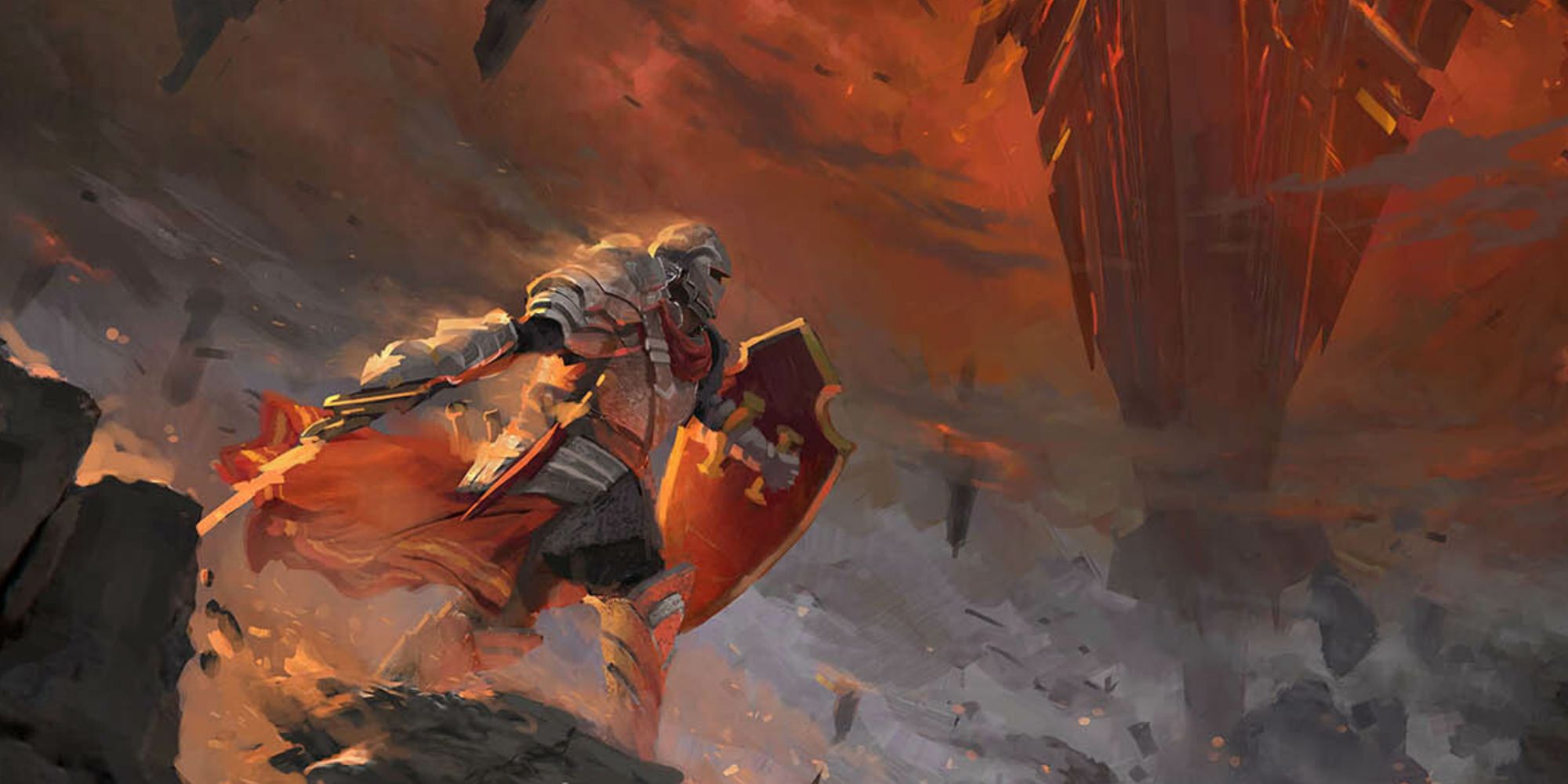
Dungeons & Dragons: Hexblade Patron, Explained
It’s not ALWAYS about the sword, believe it or not.
Dexterity
|
Dexterity At A Glance |
||
|---|---|---|
|
Mainly Used By |
Associated Skills |
Other Uses |
|
Monks, Rogues, Rangers, Fighters |
Acrobatics, Sleight of Hand, Stealth |
Armor Class, modifier is added to attack and damage rolls with bows and crossbows, |
Dexterity refers to how good your character is at moving and controlling their body, whether that be slipping their hand into someone’s pocket unnoticed, or skillfully knocking an arrow into a bow. The classes that excel at Dexterity aren’t focused on raw power; they’re focused on being very skilled.
Dex is a skill that everyone should invest in because it determines your Armor Class, making you harder to hit the higher it is.
Armor class is deceptively named. If your Armor Class is very high, it could be because you’re wearing armor, or it could be because you’re very good at dodging enemy attacks, hence adding your Dex modifier.
Furthermore, there are a lot of spells and traps that require you to make Dex saves, so it’s just always good to have decent.
The skills that use your Dex modifier are Acrobatics, Sleight of Hand, and Stealth.
The latter two are self-explanatory, but Acrobatics refers to situations that involve a lot of jumping or climbing, such as climbing a rope to the crow’s nest of a pirate ship.
If you’re not sure whether something should be an Athletics check or an Acrobatics check, the best rule of thumb is that if there’s solid ground beneath you, it’s Athletics, if there’s not, it’s Acrobatics.
Constitution
|
Constitution At A Glance |
||
|---|---|---|
|
Mainly Used By |
Associated Skills |
Other Uses |
|
Barbarians, Clerics |
None |
Determines HP |
Constitution refers to general overall health and physical capability, whether that’s HP or how long you can do strenuous activity without taking a break. A penalty for failing a Constitution roll is frequently taking a level of exhaustion.
While there are no associated skills with Constitution, you’ll frequently be making Constitution checks to do things like, resist being poisoned, go long periods of time without sleep (assuming you need it), or eat week-old leftovers without getting sick.
Constitution also determines how many Hit Points of damage you can take in a battle, and while Barbarians and Clerics especially want to have large HP pools, every class will benefit from having their Con be decent.
Intelligence
|
Intelligence At A Glance |
||
|---|---|---|
|
Mainly Used By |
Associated Skills |
Other Uses |
|
Wizards |
Arcana, History, Investigation, Nature, Religion |
Spellcasting modifier for Wizards |
Intelligence is, simply, book smarts. If it involves something you learn by sitting in a library for long amounts of time and reading books, it will use Intelligence.
In terms of investigation, that’s specifically knowing details about the thing you’re looking at.
You’re not going to have a flat intelligence check often, though it may come up in a situation where you have to solve a riddle and if your intelligence is high enough, your DM may give you a hint. It also comes up with certain spells.
Wizards use Intelligence to determine their spell casting modifier, setting it as the saving throw DCs for their spells and adding the modifier to any spell that calls for it.
Like Strength, if you’re not using a build that specifically needs it, you can use those points elsewhere.
Wisdom
|
Wisdom At A Glance |
||
|---|---|---|
|
Mainly Used By |
Associated Skills |
Other Uses |
|
Druids, Clerics |
Animal Handling, Insight, Medicine, Perception, Survival |
Passive Perception, spellcasting modifier for Clerics and Druids. |
Wisdom can overlap with Intelligence, but the main delineating factor is that Wisdom refers to practical knowledge, something you’re more likely to learn by going out and doing things rather than simply reading about them.
You can know a lot about different plants, but that doesn’t prepare you for being dumped into a forest with no supplies.
Medicine is the one that’s weird in this dichotomy, but a good way to think about it is it’s not about medical knowledge, it’s the practical field knowledge of how to treat someone outside a hospital setting, like knowing how to make a tourniquet out of cloth on hand.
Characters with high Wisdom tend to translate to being very empathetic and understanding what other creatures are feeling or better at picking up on hidden intentions.
It also determines your Passive Perception, which is your ability to notice hidden traps or people sneaking around without specifically looking for it.
While Wisdom is the spellcasting modifier for Clerics and Druids, pretty much every class benefits from trying to have it be decent, as it’s a common saving throw for spells and Passive Perception really comes in handy.

Dungeons & Dragons: Eldritch Invocations, Explained
Who needs spells when you have fiends in high places?
Charisma
|
Charisma At A Glance |
||
|---|---|---|
|
Mainly Used By |
Associated Skills |
Other Uses |
|
Sorcerers, Bard, Warlocks |
Deception, Persuasion, Intimidation, Performance |
Spellcasting modifier for Sorcerers, Bards, and Warlocks |
The archetypical example of a high Charisma character is Wesley from The Princess Bride or Aladdin, a kind of swashbuckling rouge who’s always cool and confident, with the right quip at the right time.
That’s not exactly the case, however, as Charisma means more force of personality. Confidence plays a big role, but it’s not the same.
You could just be someone who’s genuinely nice, or someone who makes a lot of puns, or someone who’s really, really good-looking. The important thing is that, for whatever reason, people tend to like you.
Charisma comes up the most when interacting with other NPCs. While Deception, Persuasion, and Intimidation will cover most interactions you have to roll for, you can also do a flat Charisma check for flirting.
Because of that, Charisma is a good general use stat.
Don’t worry if you want to play a high Charisma character but you yourself don’t feel very confident or charming, as all that matters is the dice roll.
You can come up with a dumb lie like “he’s not here because he’s dropping something off at the grocery store,” and if you succeed in the Deception check everyone will just roll with it. It’s a lot of fun too!
Charisma is used as a spellcasting stat for Sorcerers, Bards, and Warlocks and used to resist certain spells like Charm Person.
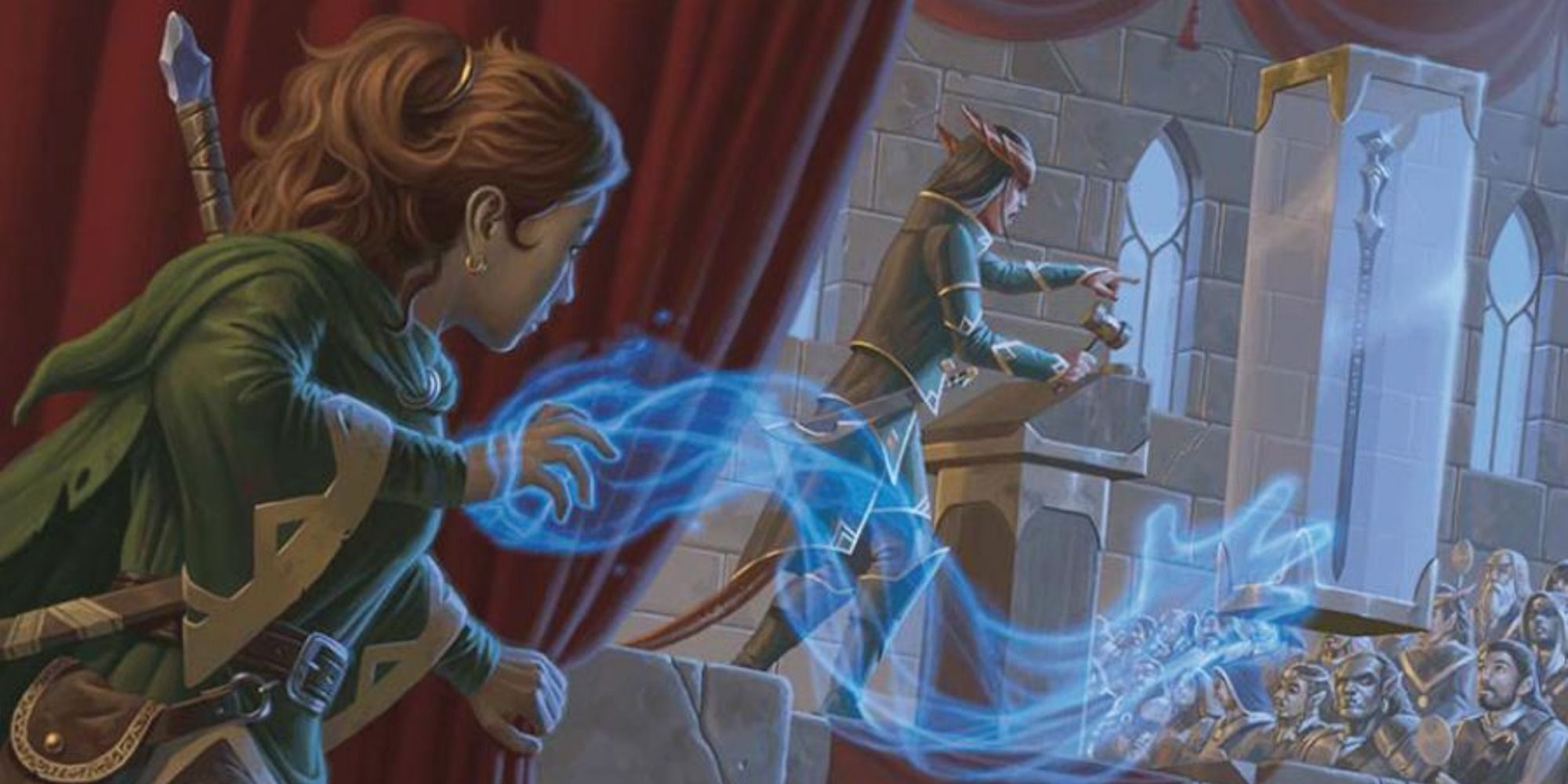
Dungeons & Dragons: Metamagic, Explained
If you’ve ever wondered what Metamagic is and how it works, this guide details all the aspects of the Metamagic process for Sorcerer in D&D.

